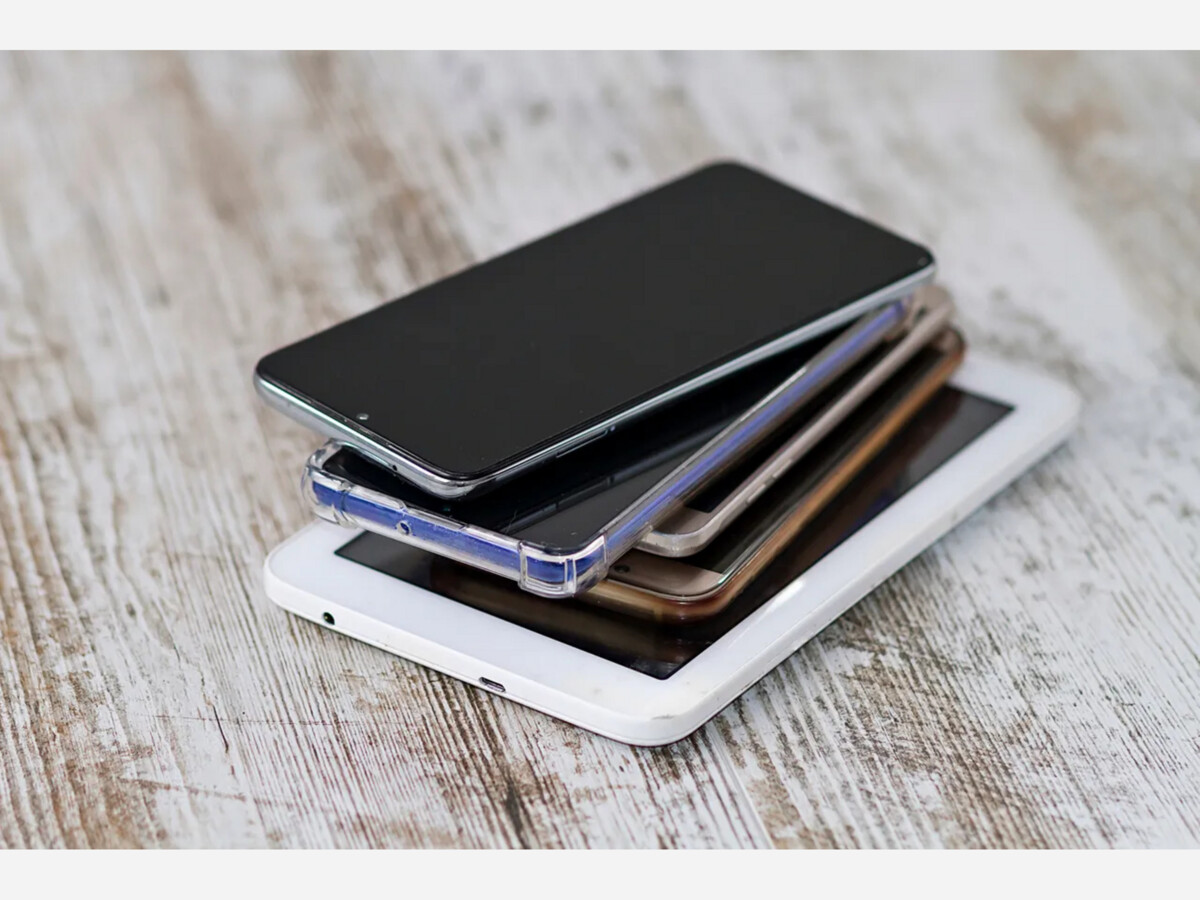Image

Common phone use started in the 1990s, and around the early 2000s, but by the early 2010s, it started to become a noticeable issue within American schools. Many districts and states began considering phone bans around a decade ago, and now many of them have gone through with the decision to ban them.
Two notable school districts in NH that went through with this ban, are Manchester and Concord. St. Chris, a private school in Nashua, makes students give teachers their phones during class, which an anonymous student said “Just to me that is the most unsafe thing they could ever do.” Rundlett Middle School in Concord has a phone ban so strict that students must keep their phones in their lockers from the start of school day to the end of it. This was implemented at the beginning of the 2024-2025 school year.
Originally the House and Senate passed a bill that would ban cell phone use during instruction time but now the Concord Monitor says in a recent article, “New Hampshire appears poised to take among the most aggressive approaches to phone use in the country, prohibiting personal electronic devices throughout the school day, rather than solely during instructional time.” Lawmakers first thought that rules and possible bans on cell phones should be left up to the districts, but it later became clear that it needed to be a state-enforced ban. The current ban is that students can only use their cell phones if given permission by their teachers, if they do not have that permission they must be away. The only time they can be used is during passing periods, eblock, and lunch.
Many teachers have their own rules regarding phone use in their classrooms, a particular teacher who has thoughts on the issue, though, is Ms. Yates in C1. She put a letter on her door about how she felt about the phone usage in her class: “I’m not just concerned about grades; I’m worried about your ability to truly engage with the world around you.”
Many teachers don’t care about phone use in their classrooms as long as its not disruptive to others because it is the students' choice to be using their phone. Mrs. Ellespermann allows students to use their phones whenever, except during tests. She says, “Occasionally, I require them during a test. I think part of learning when growing up [now] is to learn from past mistakes, and if they have to retake the class because of that it's a learning experience.”
Mr. Watkins, like many other teachers, thinks phones can be useful, but kids take advantage of them: “Phones are a useful tool that kids [unfortunately] often misuse.”
Other anonymous student interviewers said, “I think the phone ban is a poor decision, because in certain classes kids need technology to work quickly and efficiently to get along with the lesson and sometimes having chromebooks can make class move so much slower, like during Blookets or when kids need calculators or checking google classroom, signing onto a chromebook or other school-mandated devices can take so long. Oh yeah, also there's music.”
Music is a big thing, most students like to listen to music while they work to help them focus by blocking out the other noise around them.
Another student expresses concerns about possible school threats, “What if there’s a school shooting and you can’t text your parents because of the phone ban,” another students agrees while mentioning the bullet incident from last year then says, “yeah we honestly all found out what was going on because of phones, nobody called but someone posted about it on snap and thats how we all found out what happened.”
Many students say that they have dealt with phone bans before, and they were able to get around them, so they don’t think this will be very effective. A lot of them state that they think students should be allowed to use their phones once they are finished with their work. Someone compared it to having strict parents: “When people have strict parents, kids are more likely to be [more] sneaky about it and break the rules.” The majority of students doubt the ban will be effective for long. “I think it might have some effect at first, but by Christmas, people will stop caring and teachers will be too tired to enforce it,” meaning that it’ll eventually undo itself.
Student athletes alo use their phones to communicate with their teammates and parents about practice and for all students just afterschool activities in general.
Overall, teachers seem to be in favor of the phone ban if they can form their own rules around it, and most students think that the ban won’t be effective and could cause many issues for students and parents who need to keep in contact during possible emergencies but also, they simply hate the idea of what will soon be their reality with this ban.
So, good or bad? Its up to you.